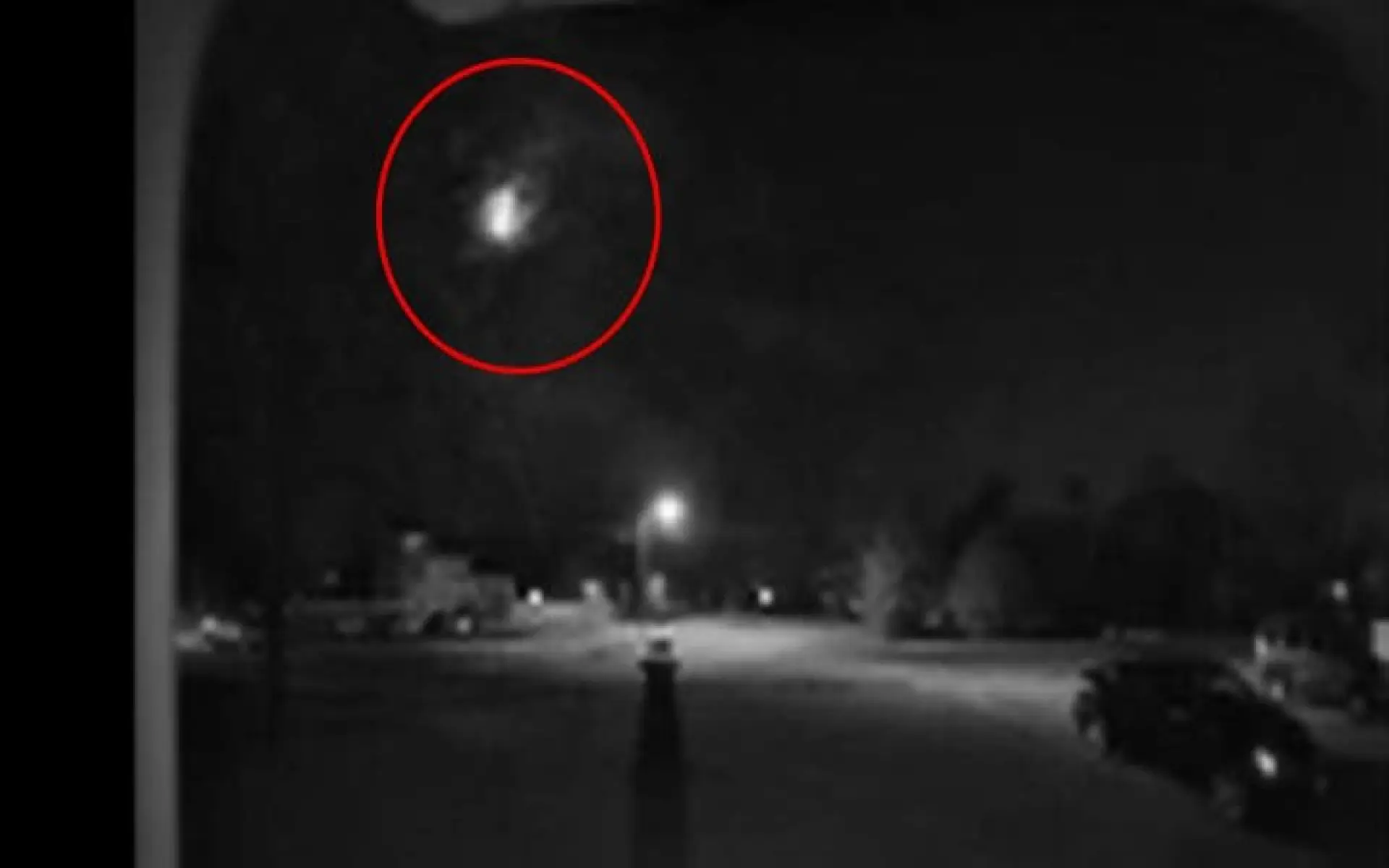New Jersey, a state known for its bustling cities and beautiful shorelines, recently had another spectacle added to its list – a dazzling fireball lighting up the night sky.
Early Wednesday morning, residents of New Jersey were greeted by an unexpected light show. A brilliant fireball descended from the heavens, illuminating the dark sky. This notable event was the grand finale of a week that was already marked by a series of natural occurrences, including a solar eclipse and an earthquake.
Reports of the fireball spread rapidly across New Jersey and neighboring states, such as Connecticut, New York, and Pennsylvania. The American Meteor Society, a platform that allows the public to report celestial sightings, logged numerous observations around 3:45 a.m.
Astronomical experts say that such events are not uncommon, but their visibility can be affected by several factors, including weather conditions and the time of day. Most meteoroids that enter the Earth’s atmosphere are too small to reach the ground and usually burn up, causing the bright trail commonly referred to as a shooting star.
The fireball’s appearance concluded an extraordinary week for New Jersey residents, who had already witnessed a solar eclipse on Monday and experienced an earthquake the previous week.
The public was quick to speculate about the nature of the fireball. Was it a meteor or a falling star? While these terms are often used interchangeably in casual conversation, they refer to different phenomena. A meteor is a meteoroid – a small particle from an asteroid or comet – that burns up upon entering the Earth’s atmosphere. A falling star, on the other hand, is simply a popular term for a meteor.
Residents were quick to share their sightings on social media, with many expressing awe and fascination. Videos showing the fireball’s descent were widely shared, capturing a brief but dramatic illumination of the night sky.
Why do meteors glow brightly as they descend through the atmosphere? The answer lies in the physics of high-speed collisions. As a meteoroid speeds through the atmosphere, it collides with air molecules, causing it to heat up and glow. The resulting light show can vary in color, depending on the meteoroid’s composition and the speed at which it is traveling.
Interestingly, the sightings come a week before the anticipated Lyrids Meteor Shower, an annual event that peaks in late April. This meteor shower is one of the oldest known, with observations dating back 2,700 years. It occurs when Earth passes through the dust left by Comet Thatcher.
The fireball sighting was not the only notable event in New Jersey’s sky this week. On Monday, residents had observed a solar eclipse, with more than 90% coverage in parts of the state. And just a few days before that, a 4.8 magnitude earthquake had rocked the area near Lebanon, New Jersey.
This isn’t the first time bright lights have streaked across the night sky in the region. Last week, Californians were treated to a similar spectacle, which was later identified as the Chinese Shenzhou 15 Orbital Module rocket re-entering the Earth’s atmosphere.
